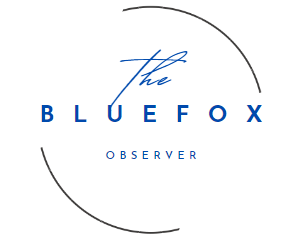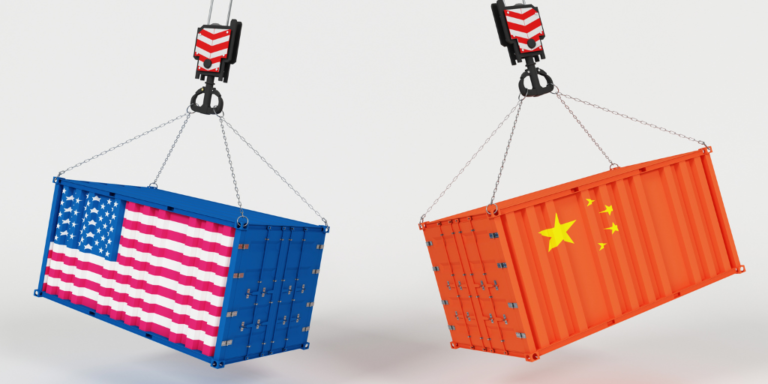Key Points
- China has launched an unexpected investigation into the safety and quality of European cheese imports, raising concerns among European dairy producers about potential trade disruptions.
- The probe reflects the deepening trade tensions between China and the EU, driven by broader geopolitical and economic disputes, including European scrutiny of Chinese investments.
- European cheese producers face significant uncertainty as the probe could lead to tariffs or restrictions, potentially threatening their access to the lucrative Chinese market.

In the sprawling markets of Beijing and Shanghai, nestled among the vibrant stalls of local delicacies, European cheese has quietly found its place. It symbolizes the luxurious tastes of an emerging middle class in China, a bridge between the culinary traditions of Europe and the curiosity of Chinese consumers. But recently, this bridge has started to crack, as China launches an unexpected probe into these beloved imports, sending ripples through the European dairy industry.
A Growing Appetite
For years, European cheese has enjoyed a growing fan base in China. With a rising number of affluent consumers, the Chinese market has become increasingly adventurous, seeking out the best the world has to offer. From the rich, nutty flavors of Gouda to the creamy, indulgent textures of Brie, European cheese represents more than just a taste—it’s a status symbol, a small luxury that speaks of sophistication and global awareness.
This appetite has not gone unnoticed. European cheese producers, recognizing the enormous potential, have invested heavily in marketing and distribution channels to meet this demand. The numbers tell the story: in 2023 alone, the European Union exported over €100 million worth of cheese to China, with no signs of slowing down.
The Shockwave of a Probe
But then, without much warning, the Chinese government announced a probe into the safety and quality standards of these cheese imports. The news spread like wildfire through the dairy farms of Europe, from the rolling hills of France to the green pastures of the Netherlands. Producers, who had painstakingly built their brands and cultivated relationships in the Chinese market, suddenly found themselves facing an uncertain future.
This probe isn’t just about cheese; it’s about a broader narrative of escalating tensions between China and the European Union. In recent years, the EU has become more cautious, scrutinizing Chinese investments and taking steps to protect its technological assets. These moves have not gone unnoticed in Beijing, and this latest investigation into European cheese can be seen as a response, a flexing of economic muscle that sends a clear message.
The Impact on European Farms
For the dairy farmers of Europe, the implications are profound. Their livelihoods, tied closely to the export markets they have developed, now hang in the balance. The cheese probe could lead to new tariffs or restrictions, making it harder to sell their products in China. For small-scale producers, who depend on these exports, the impact could be devastating.
The probe may focus on the rigorous standards that govern European cheese production. While these standards are a source of pride for European producers—guaranteeing quality and safety—they may also become the battleground in this trade skirmish. If China finds fault, whether justified or as a negotiating tactic, it could spell trouble for the entire industry.
The Broader Trade Landscape
This story of cheese is part of a larger tale of trade relations between two of the world’s largest economies. The European Union has not been shy about expressing its concerns over human rights in China or about protecting its own industries from what it sees as unfair competition. In response, China has increasingly used trade as a tool to push back, targeting sectors where it knows it can make an impact.
The World Trade Organization (WTO) has already voiced concerns about the growing number of trade disputes between major global players. These disputes, it warns, could threaten the fragile economic recovery following the pandemic. The China-EU cheese probe is just one chapter in this larger, unfolding story.
What’s Next?
As with any good story, the ending is uncertain. European policymakers are likely to push for a resolution that allows them to maintain access to the Chinese market while addressing any concerns that Beijing might raise. But they must do so without compromising the high standards that have made European cheese so sought after in the first place.
At the same time, both sides will need to engage in broader negotiations to prevent this rift from widening further. The stakes are high—not just for cheese, but for the entire fabric of China-EU trade relations.
This is more than just a story about cheese; it’s a story about the fragility of global trade and the importance of diplomacy in navigating the complexities of international relations. As the situation continues to develop, one thing is clear: the world will be watching closely, cheese in hand, to see how this tale unfolds.








